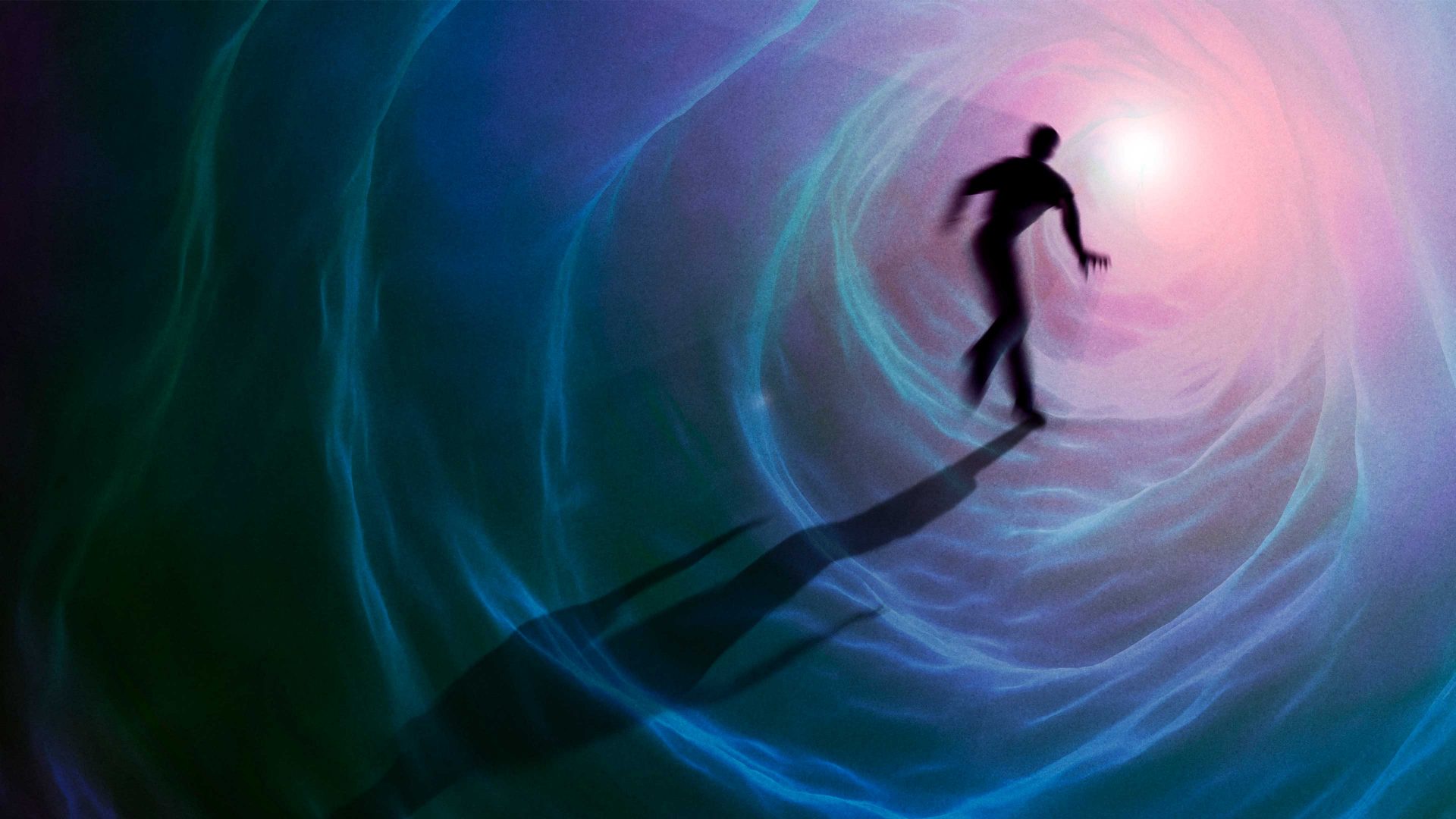On September 13, 1592, Michel de Montaigne, the great essayist and philosopher, died of an aggressive throat infection at his chateau in the Dordogne. He was 59.
This wasn’t his first encounter with death. Life was fragile in the 16th century. His best friend, Étienne de la Boétie, succumbed to the plague in 1563, his father died in 1568, and the next year he lost a brother after a tennis accident. Montaigne buried five of his six children before they reached adulthood.
It is not surprising that he spent a lot of time fearing his own death. Montaigne’s reading of ancient philosophy encouraged this, too. Meditating on mortality was considered the best way to cope with it, but that also seemed to make him worry about it.
His near-death in a riding accident, however, jolted him into a different way of thinking. Sarah Bakewell describes what happened in her excellent book How To Live: A life of Montaigne in one question and 20 attempts at an answer.
Montaigne was riding with some attendants in the forest near his chateau. He was in his mid-thirties. Suddenly, without warning, he was hit from behind and thrown from his horse as if struck by a thunderbolt.
He thought he’d been shot. In fact, a burly servant riding behind him had coaxed his horse into a gallop along the narrow path and had only seen his master ahead of him too late.
Montaigne’s bloody body lay in front of his fallen horse with “no more motion or feeling than a log”. He came round as his servants bore his body back to the chateau. He made a full recovery, but he had been close to death, and had felt that he was floating towards his end.
It wasn’t so much a direct encounter with death as a sense of drifting away, and for Montaigne it was not terrifying.
Unlike many of his contemporaries, Montaigne’s feelings about death were mostly secular and psychological. After his accident, he wrote about death’s ordinariness and on how the body takes over, shutting down.
Cicero had taught that “to philosophise is to learn to die”. On this view philosophy, and particularly Stoicism, helped people die well. But Montaigne had come to appreciate death as a natural process.
He believed that people could worry too much about it (as he had done) and end up more tormented by thoughts about death than by the event itself. Montaigne’s apparently anti-Ciceronian advice was, “If you don’t know how to die, don’t worry. Nature will tell you what to do. She will do the job perfectly for you.”
That observation is buried in an essay that is ostensibly about physiognomy. Many of Montaigne’s other essays reflect on different aspects of death, including suicide, drawing on insights in the work of ancient philosophers, rather than on the Christian tradition, with its focus on an afterlife.
Montaigne is right that typically death is the end of a natural process that takes over and that it won’t be something we have to think hard about when the time comes. Our bodies will just get on with it in the final stages.
Dr Kathryn Mannix, who has spent many years working in palliative care and has seen numerous people die, writes eloquently about this in With the End in Mind. She describes predictable patterns in the ways people gradually expire and reassures us that even in the death rattle there is nothing to fear.
But in another sense, each of us does need to learn how to die, and Montaigne discussed this too. He felt that we need to learn to acknowledge death, come to terms with the inevitability of future non-existence, and be prepared for it at all times. That might remove some of death’s sting.
It’s not just our future non-existence that’s worth thinking about. The process of dying can be grim, worse than death. Montaigne recognised that too, along with the possibility of suicide in the face of it.
For us today, palliative care can reduce pain, but a drawn-out process of bodily decay that involves suffering, hopelessness, and loss of physical and mental capacities still lies ahead for many of us. And it’s not always nature but sometimes other people that take over – hence the importance of living wills.
Some of us would like the option of a quick escape through legal assisted dying Exit-style too – I think Montaigne would have seen the logic of that.
But in this respect, we are still learning how to die.



